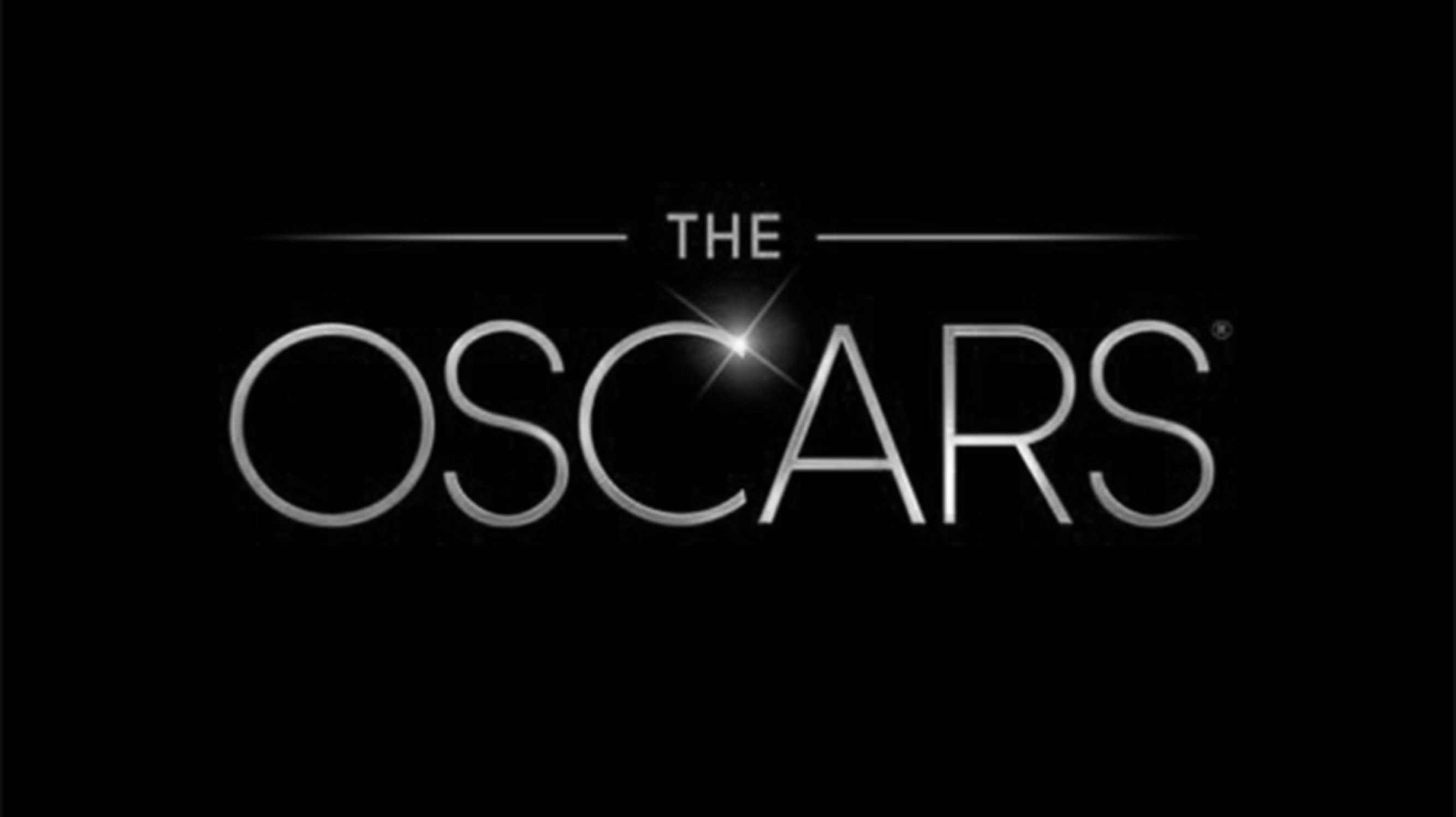

The 90th Academy Awards concluded in an anticlimax that strangely did not fit such an eventful year in both film and world events. 2017 was the first year of the Trump administration and the year of #MeToo and #TimesUp — at once the sudden defeat and slow recuperation of liberalism in the United States. It was a year of sharp contradictions that inevitably seeped into the film industry, with notable actors cracking and ultimately breaking the dam against Harvey Weinstein amongst others and spearheading the two hashtags that have come to define the inaugural year of Trump and the #Resistance.
Apropos of nothing, Jimmy Kimmel hosted the Oscars. Like so many hosts before him, the late-night comedian struck that miraculous balance between unsubtlety and inefficacy. Peaking early, Kimmel remarked about how the Oscar statue’s penislessness made him the ideal man in the age of #MeToo. He played this card while vaguely gesticulating towards the immobile golden man, face frozen in a cringing wince in the shadowed margins of the stage. Little was mentioned of the second man, away from the shadows and in the limelight, Jimmy Kimmel himself, fully armed with both a rote script and penis. It is a curious contradiction that the hall could chuckle about the confusing joke and idea that inanimate docility was the natural opposite to sexual abuse, and still somehow ignore that the most popular awards ceremony in the world’s most influential film industry was produced and organized by, voted upon and hosted by mostly powerful men.
This curious limitation of Hollywood liberalism was the true theme and cause of the eerie listlessness that came upon the gathering. Even the most anticipated award could not escape this mood. The nominees themselves were topical and revealing. “Phantom Thread” directly commented on the toxicity of the figure of the male genius and imagined a nihilistic revolt on the part of his repressed female muse. “Get Out” mapped the pessimism found in wars of the sexes onto genre and race relations. “Call Me by Your Name” and “Lady Bird”, deep-dive into gay boyhood and Sacramento girlhood and though not quite as over in their discussion of contemporary politics, nevertheless found themselves affected through subsequent politically-bent discussions.
Yet out of all of these films, the eventual winner proved to be “The Shape of Water,” a pretty fable that, like Jimmy Kimmel, was watered down by its attempts at subversion. For all its genre extremities, most notably the prospect of a woman copulating with a merman, “The Shape of Water” presents a tale as old as time. Its Beast acts a catch-all metaphor for besieged minorities and their relationships with beauty — an empowering parallel for all marginalized relationships. Meanwhile, Gaston works for the government. In any other classic Hollywood film, director Guillermo del Toro had noted, Michael Shannon’s white, chiseled operative would be the hero of the story.
What is this “any other film?” “Creature from the Black Lagoon,” according to del Toro. But that film came and went with the fifties and its particular sociopolitical arrangement, and global film has since constructed a venerable tradition of questioning the invulnerability of the white male hero. That is not to say that the monstrous coding of marginalized people has vanished from the film industry. It has instead become subtler, and modern films are finding new ways and fronts to fight its attenuated manifestations.
In that context, an award for “Shape of Water” becomes at once puzzling and comprehensible. It is not necessarily the best film, but it does the most. It welds the various marginalized stories into the old archetype of the Beast, sheened anew as a sexy merman. Yet in the process, so many other stories remain archetypical: the sassy black lady cheerleading on the sidelines, the shy and scared gay artist. But we need easier comfort in desperate times, so we choose the fable and made fun of a statue.
The criticism of “Shape of Water” is not itself the point. Nor is the criticism of Jimmy Kimmel. And neither is the criticism of Guillermo del Toro, whose Oscar for Best Director was as well-deserved as it was belated. But, del Toro was announced by Emma Stone as one of the ‘four men and Greta Gerwig’ competing for the Best Director crown, a jab copying Natalie Portman’s more successful cuff at the Golden Globes. While del Toro delivered a heartfelt speech about erasing lines drawn in the sand, he still had to pose for a photo-op with Best Actor nominee Gary Oldman, who has been accused of domestic abuse against his ex-wife. It was this constant overlap of the progressive with the regressive that brought the ceremony down.
Some of the regressive elements originated since the distant past, to be sure. The Academy of Motion Picture Arts and Sciences still privileges directors and actors over cinematographers, perpetuating a cult of personality and celebrity that implicitly belittles thankless labor, obscures discussion of diversity and unfairly skewers popular perception of film as the work of individual visionaries.
The Academy still ignores foreign films, especially foreign animated films, on the pretext that it is a celebration of the American film industry, all the while annually profiting off the global capital of Hollywood. The 90th Academy Awards still does the bare minimum at resistance and fulfills the Trump electorate’s stereotype of the coastal liberal elites while denying immediate victims of their progessive desires.